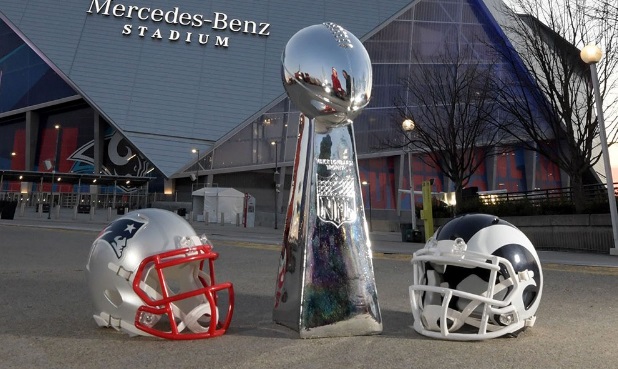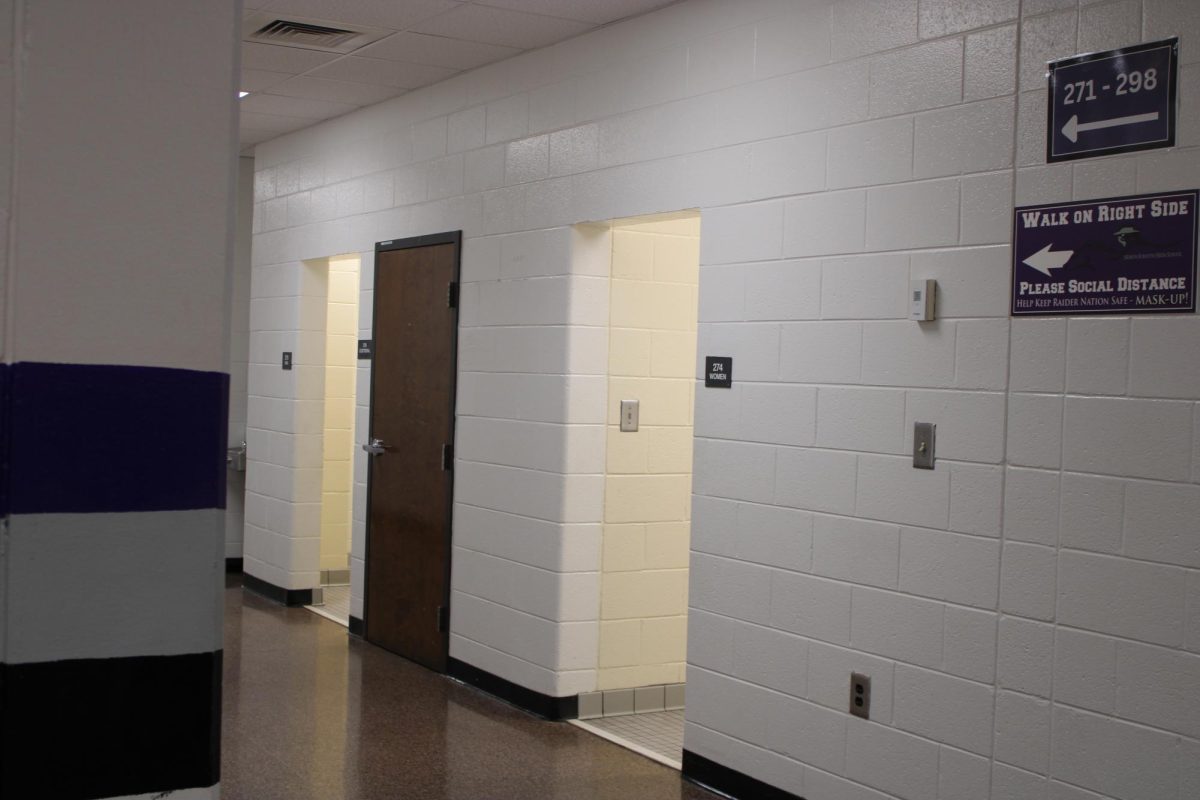2019 Super Bowl Costs and Revenue For City of Atlanta
The 53rd Super Bowl was hosted in the Mercedes Benz stadium on Feb. 2, 2019, bringing in hundreds of thousands of people from all over the country. But what did this massive sporting event cost the City of Atlanta? Photo credit: Nick Schwartz, USA today
February 7, 2019
The NFL Super Bowl was recently hosted in Atlanta, Georgia for the first time in nearly 2 decades. Millions tuned in to watch and thousands more packed the Mercedes-Benz stadium on Feb. 3. The city of Atlanta put in a lot of time, money and effort and agreed to several non-negotiable terms from the NFL to make this event a reality.
Cities that have an interest in hosting the Super Bowl have to place bids with the NFL several years prior to the actual event. All interested parties have to agree to comply to the NFL’s list of requests as well as throw in other monetary, complementary and/or hospitality contributions to make the deal more appealing to the NFL.
According to the Atlanta Journal Constitution, The City of Atlanta had to provide the following list of expectations and more to even be considered as hosts for the 2019 Super Bowl:
- Hotel rooms for all members of each team for eight nights, which included 150 regular rooms, two “Presidential” suites and five other suites
- Use of the Mercedes-Benz stadium and other locations that athletes would require access to, such as gyms, without requiring the NFL to pay rent of any kind.
- About 10,000 spaces for parking, specifically for use on game-day. The NFL would also retain all of the parking revenue
- 10 security officials/officers to each team’s hotel during the day and 5 security officials/officers during the night.
- Police escorts must be provided for the team owners to and from the game.
- Promotion of the game through a wide range of items such as banners on street poles.
- Social media monitoring and response center
- The league will retain all monetary revenue in ticket sales
To host this massive sports event, Atlanta had to comply to this list of expectations and more that are unlisted. However, to make Atlanta the ideal and most appealing location to host the Super Bowl, the city had to throw in extra deals here and there, including but not limited to:
- $2 million for the NFL’s use of certain expenses related to the game
- $1 million if the state and city were faced with inclement weather
- A party for 2,000 members of media costing $375,000
- NFL owners received private VIP airport accommodations
- Sales-tax exemption
Combining all of these factors together, the Atlanta bid to host the 2019 Super Bowl became $46 million dollars, $20 million of which was assured by two dozen Atlanta businesses, $16 million from the Atlanta hotel-motel tax designated for large-scale events, and the remaining $10 million is the value of sales-tax exemption the city passed on Super Bowl tickets.
Despite all that went into Atlanta’s fight for the 2019 Super Bowl and while no official amount has been confirmed, the city was set to gain approximately $400 million in economic impact from the game and game related events.




